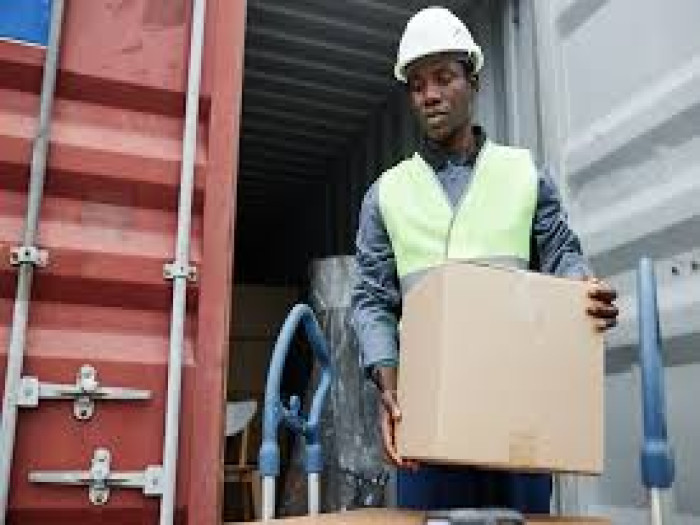
Importing goods into Africa can be a complex process due to varying customs regulations and import duties across different countries. Navigating these procedures effectively is crucial for ensuring timely deliveries and avoiding additional costs.
Customs regulations in Africa can vary widely between countries. It's essential to familiarize yourself with the specific requirements of the destination country, including documentation, import licenses, and product-specific regulations. Common documents required for customs clearance include:
Import duties and taxes are imposed by governments to protect local industries and generate revenue. These charges can vary based on the type of goods, their value, and the country of origin. It's important to accurately calculate these costs to avoid surprises and budget appropriately.
Navigating customs and import duties can be challenging, but with the right strategies and partners, you can ensure a smooth import process. By staying informed and proactive, you can minimize delays and additional costs, ensuring your goods reach their destination efficiently.